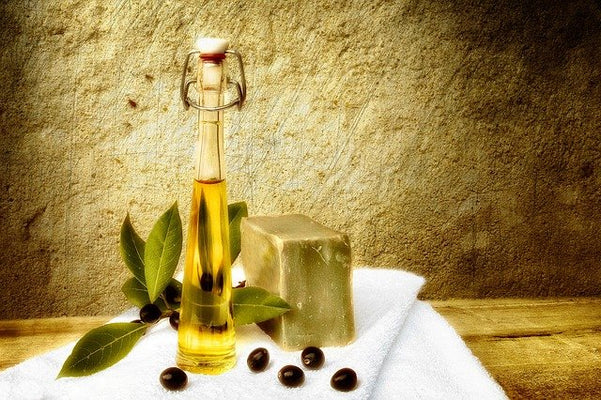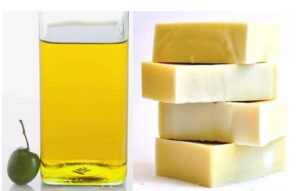
We use it to cook.
We use it for its antioxidants and overall health benefits.
And it’s used regularly for making soap.
In the realm of organic and natural, there are always products that possess a higher risk in quality.
When it comes to olive oil, consumers risk sacrificing authenticity.
The olive oil industry has a past worth investigating and a price tag worth over $1.5 billion.
How Much Isn’t As Advertised?
It’s been discovered that nearly 70% of EVOO sold in the world lacks authenticity. It’s either cut with cheaper carrier oils or it’s imported and relabeled. Spanish extra-virgin olive oil is often passed off as Italian. This is done simply by putting a new label on the bottle.
An operation in Italy and Germany confiscated 150,000 liters of low-quality oils, resulting in 20 arrests. Low-quality oil is consistently being passed off as “fine Italian oil.” The fake olive oil industry a booming business for scammers.
It is believed scammers in Italy and Germany profited by as much as $9 million.
Italian Police conducted a mass operation and arrested 23 people. They confiscated 85 farms during the raid. In this case, low-quality oil was being passed off as “fine Italian oil,” making the fake olive oil industry a booming business for scammers.
The Problem Is American, Too
The U.S. isn’t immune to this fraudulent activity. In 2007, storage units in New York were busted for holding counterfeit olive oil. The facility held 10,000 cases of what appeared to be extra-virgin olive oil. In reality, the bottles contained mostly soybean oil.
According to the University of California Davis, two-thirds of the EVOO found in CA grocery stores are not what they claim to be.
Tips to Avoid Olive Oil Fraud in Soapmaking
Obviously, olive oil isn’t the most trustworthy of products. So, how do we determine what’s real and what’s fake?
There are a few ways to test whether or not the olive oil you purchased stands up to its claims of authenticity:
- First off, despite popular belief, color isn’t actually an indicative property for determining quality. A factor you should take into consideration, however, is the packaging.
- The best oils are contained in darker glass bottles, which prevents the oil from going rancid from sun exposure.
- Pay attention to the labels on the bottle. Ensure that there is an expiration date visible somewhere on the bottle.
- Watch out for phrases like “packed in Italy” or “bottled in Italy.”
An Olive Oil Workaround

Luckily, you don’t have to use olive oil to make soap. If taking these precautionary measures seems frustrating, sunflower and safflower oils are excellent alternatives!
Olive oil produces good quality soap because it contains 80-82% oleic fatty acid. This contributes to the moisturizing ability of the lather. But, both sunflower and safflower oils contain 81-85% oleic fatty acid!
From a soap-making perspective, there is no functional difference substituting sunflower and safflower for olive oil.
In fact, we don’t use olive oil to make our products at Botanie. For us, it’s a matter of chemistry, quality, and price. The final, high-quality soap product is unchanged and there’s much less concern in regards to authenticity!

